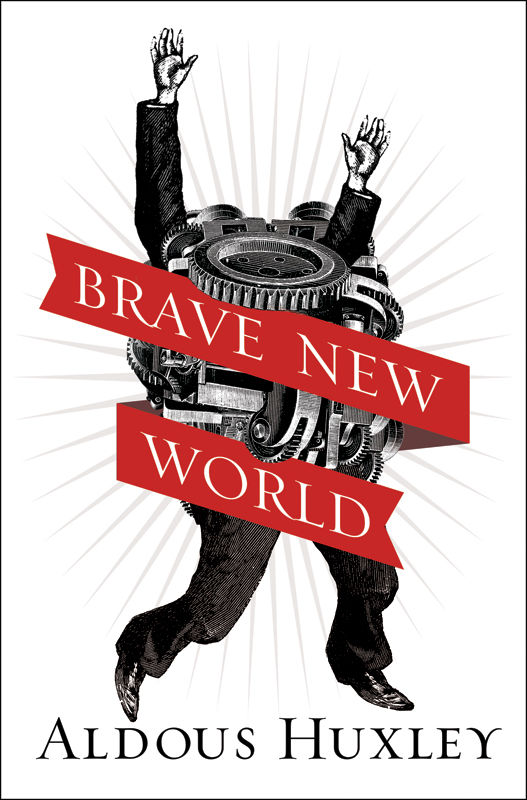Most Recent News


Popular News




Have you given "Brave New World" by Aldous Huxley a read yet? If not, you really should. This masterpiece is well worth a short read. Click here to check out a review of the book with a few thought-provoking quotes.
You’ve heard of this book, I’m sure. But have you given it a read yet? Brave New World is Aldous Huxley’s masterpiece. It’s a relatively short book. One could power through it modestly in a week. And it is very similar to other dystopian novels such as 1984 and Animal Farm by George Orwell.
So what is it about? In short, it’s about a bleak future, one controlled by a utopian World State which seeks to enforce authoritarian control over their population at any cost, including the loss of human dignity. The book begins in a human genetic engineering facility, where they bred thousands of humans similar to one another into certain caste systems (Alpha, Beta, Epsilon, etc). Children are taught from a young age to be merely sexual objects or workers. Which later purports the realization that the existence between the genders is merely sexual, without emotion or connection. It espouses an existence where every person is the property of everyone else (do you see the modern-day hammer and sickle symbolism, yet?).
Brave New World follows a few different unique characters, either fully indoctrinated by the system or on their path to coming to terms with this form of disgraceful reality. The ending is also quite a twist. But I won’t spoil that for you.
Aldous Huxley predicted many of the gadgets and gear we have at our clinical disposal today. His predictions, along with the amazing writing style make it a truly an insightful book to read, especially considering it was first published in 1931.
“And that,” put in the Director sententiously, “that is the secret of happiness and virtue–liking what you’ve got to do. All conditioning aims at that: making people like their inescapable social destiny.
“Moral education, which ought never, in any circumstances, to be rational.”
Unorthodoxy threatens more than the life of a mere individual, it strikes at Society itself.
Actual happiness always looks pretty squalid in comparison with overcompensation’s for misery. And, of course, stability isn’t nearly so spectacular as instability. And being contented has none of the glamour of a good fight against misfortune, none of the picturesqueness of a struggle with temptation, or a fatal overthrow.
“But I don’t want comfort. I want God, I want poetry, I want real danger, I want freedom, I want goodness. I want sin.”
If you’re interested, you can always grab a cheap edition off any major reseller.
Comments are closed.
(Learn More About The Dominion Newsletter Here)
Love this book, right up there with 1984
Great book, I seem to like it more than Huxley did, he was embarrassed by it, but wrote the book would most certainly lose it’s charm if he fixed it.
A savage reading Shakespeare, no mention of splitting atoms, and it was 1929 when he pinned it. Test-tube babies won over my interest as a lad, just imagine! I read it twice a year, so.
It is a great re-read option. Thanks for the comment, Stephen.